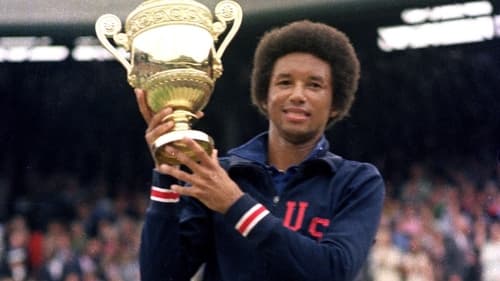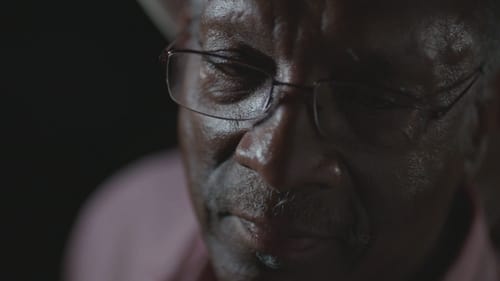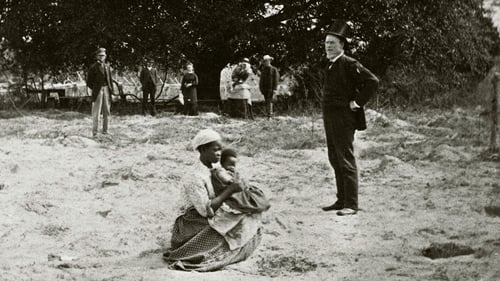
Director of Photography
This is not a documentary about the making of Midnight Cowboy. It is about a dark and difficult masterpiece and the deeply gifted and flawed people who made it. It is about New York in a troubled era of cultural ferment and social change. It is about an era that made a movie and a movie that made an era. The 1969 movie tells the story of two homeless loners who join forces out of desperation and struggle to survive.

Director
Sigue la vida y carrera de Arthur Ashe.

Director of Photography
A Crime on the Bayou is the story of Gary Duncan, a Black teenager from Plaquemines Parish, a swampy strip of land south of New Orleans. In 1966, Duncan tries to break up an argument between white and Black teenagers outside a newly integrated school. He gently lays his hand on a white boy’s arm. The boy recoils like a snake. That night, police burst into Duncan’s trailer and arrest him for assault on a minor. A young Jewish attorney, Richard Sobol, leaves his prestigious D.C. firm to volunteer in New Orleans. With his help, Duncan bravely stands up to a racist legal system powered by a white supremacist boss to challenge his unfair arrest. Their fight goes all the way to the U.S. Supreme Court, and their lifelong friendship is forged.

Director of Photography
La Sra. Recy Taylor fue violada por seis hombres blancos en 1944 en Alabama, cuando ella tenía 24 años. Los culpables fueron identificados, pero al ser una víctima de color y ellos blancos no hubo juicio. Recy alzó la voz, y con la ayuda de Rosa Parks y legiones de mujeres, luchó por la justicia.

Director of Photography
Filmed in five locations on a single day, One Vote captures the compelling stories of diverse voters on Election Day 2016. At times funny, surprising and heart-wrenching, the film eschews partisan politics in favor of an honest portrayal.

Director of Photography
Althea Gibson’s life and achievements transcend sports. A truant from the rough streets of Harlem, Althea emerged as a most unlikely queen of the highly segregated tennis world in the 1950s. Her roots as a sharecropper’s daughter, her family’s migration north to Harlem in the 1930s, mentoring from Sugar Ray Robinson, David Dinkins and others, and fame that thrust her unwillingly into the glare of the early Civil Rights movement, all bring her story into a much broader realm of the American story.

Producer
Althea Gibson’s life and achievements transcend sports. A truant from the rough streets of Harlem, Althea emerged as a most unlikely queen of the highly segregated tennis world in the 1950s. Her roots as a sharecropper’s daughter, her family’s migration north to Harlem in the 1930s, mentoring from Sugar Ray Robinson, David Dinkins and others, and fame that thrust her unwillingly into the glare of the early Civil Rights movement, all bring her story into a much broader realm of the American story.

Director
Althea Gibson’s life and achievements transcend sports. A truant from the rough streets of Harlem, Althea emerged as a most unlikely queen of the highly segregated tennis world in the 1950s. Her roots as a sharecropper’s daughter, her family’s migration north to Harlem in the 1930s, mentoring from Sugar Ray Robinson, David Dinkins and others, and fame that thrust her unwillingly into the glare of the early Civil Rights movement, all bring her story into a much broader realm of the American story.

Co-Producer
One in four women experience violence in their homes. Have you ever asked, “Why doesn't she just leave?” Private Violence shatters the brutality of our logic and intimately reveals the stories of two women: Deanna Walters, who transforms from victim to survivor, and Kit Gruelle, who advocates for justice.

Director of Photography
One in four women experience violence in their homes. Have you ever asked, “Why doesn't she just leave?” Private Violence shatters the brutality of our logic and intimately reveals the stories of two women: Deanna Walters, who transforms from victim to survivor, and Kit Gruelle, who advocates for justice.








